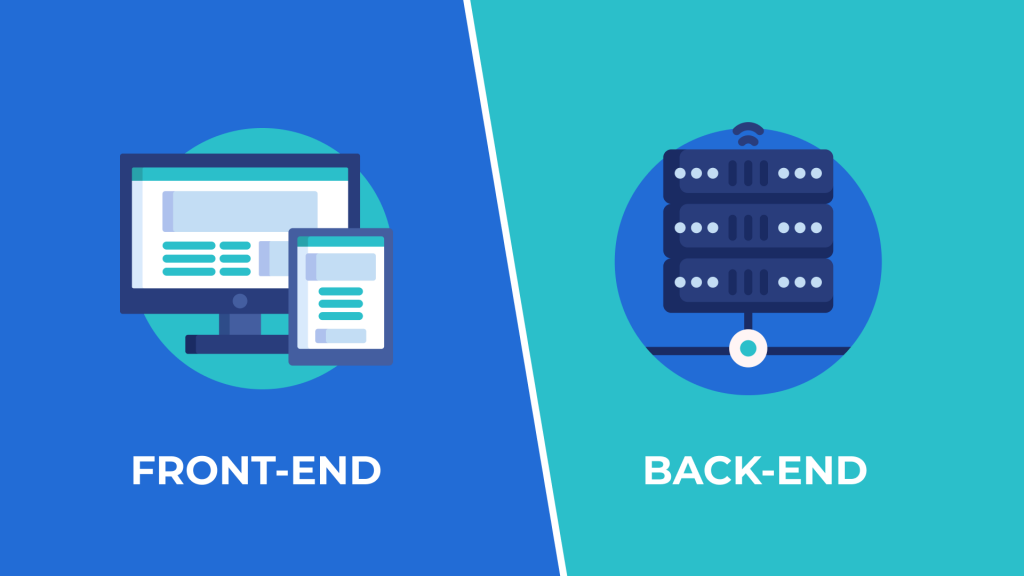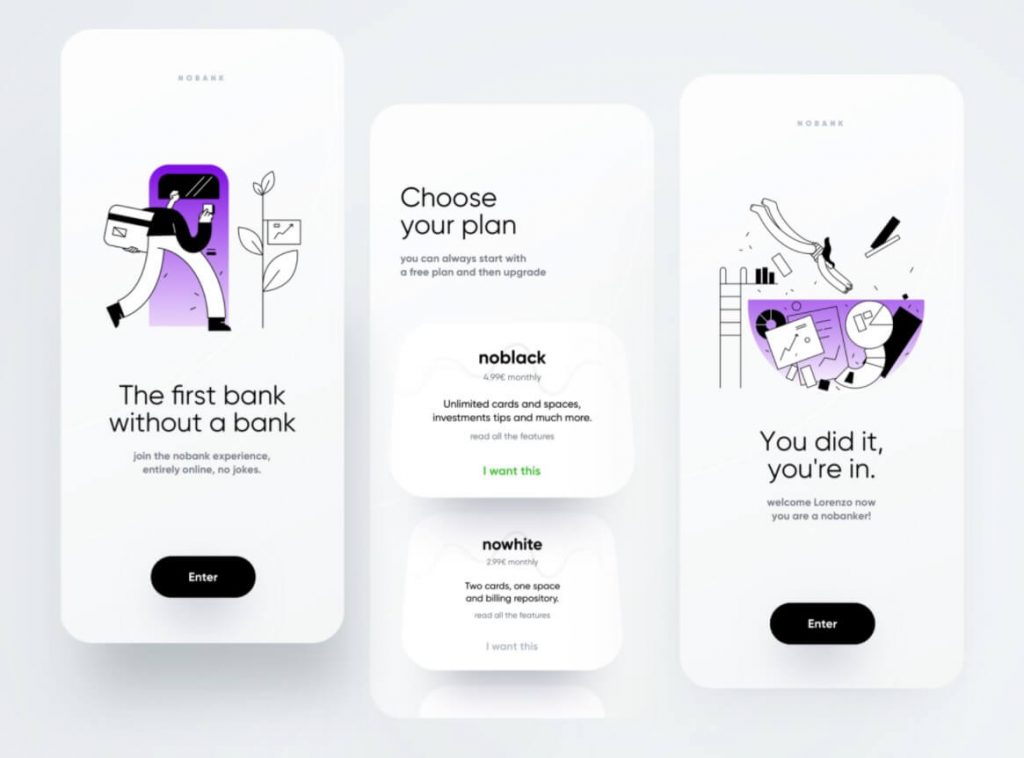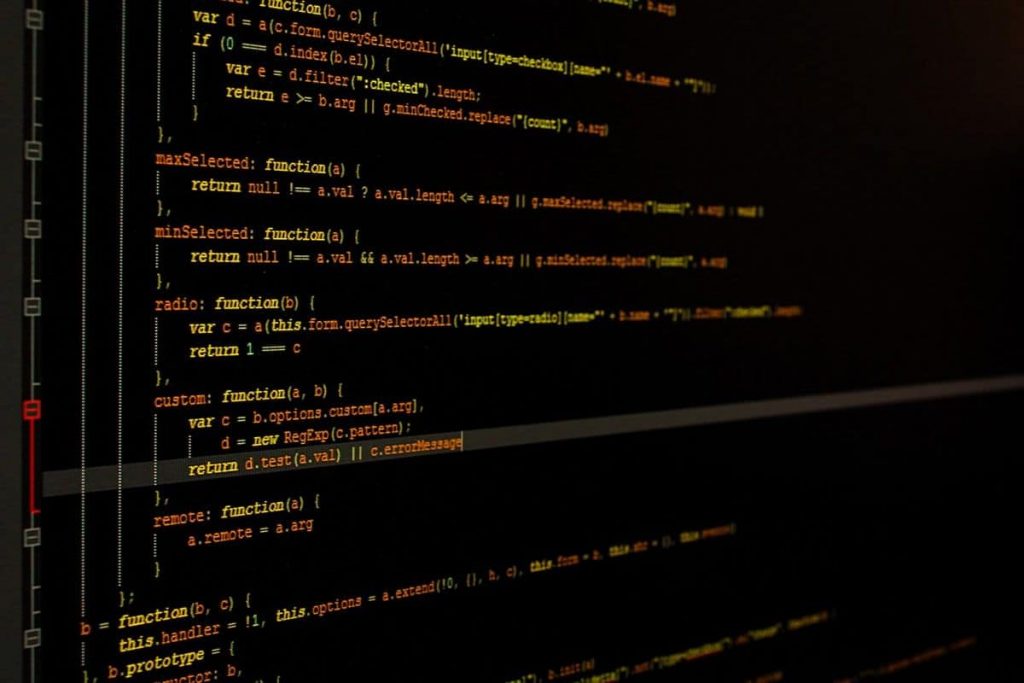If you are a mobile app developer, you often hear this question “how long does it take to develop a mobile application?” Today, we will deal with this question.
Usually, programmers take 4 to 6 months to develop a simple mobile app. By development, we mean only the coding part. Coding does take time.
A mobile app is also a product. So it starts with an idea then you need to define and design your product (app).
Other factors that affect the time duration of mobile app development include the professionals in your development team and the tech stacks they use.
Contrary to what you think, time and experience go into crafting an exact app development timeframe. Mobile app developers have to estimate the time it takes for app development to fulfill investors’ demands and product timelines.
Developing the Front-end and Back-end of Your Mobile App

We assume you will link your app with a backend server via APIs. If you already have built the back end and APIs (probably for your other mobile app), you can integrate your application with it.
Otherwise, you need to develop the front-end and back-end side by side. Here we want to give a tip to make the process more efficient. Your back-end developers should start their work way before your front-end developers.
It will help your back-end team firmly set up their APIs and endpoints.
The back-end development involves these activities:
- Storing information because it is the foundation of any native application’s server-side
- Creating user profiles, handling verification, safety, and access control
- Managing requests from the client-side
- Integrating data to enable users to view data from and post information to external sources, including social channels
- Sustaining continuous interaction with app consumers
- Launching version 2 without breaking version 1
The front-end development involves these activities:
- Elaborating on the actions that the code tackles itself locally without the intervention of the backend
- Storing information locally to increase load time
- Allowing off-life usage and fixing data issues
- Creating wireframes for user experience and interface
- Designing beautiful blueprints of UI
- Transforming those blueprints into running UI code
- Brushing up the user interface is the last step to make the app stand out from the rest of the apps in the market
The Time Taken In Making A Mobile App?
Building a mobile application from scratch involves three stages — Ideation, Design and Development, and App Release. Let's break down each phase into processes to understand better.
1- Research
The best mobile app developers always start with robust research. This step is necessary if a client has handed you over a project from the very beginning or you are responsible for the product discovery phase of an app.
Sometimes clients come to you with a half-baked idea and want you to fine-tune it. Research helps you solidify this idea as per ground realities.
Researching may take 1 to 2 weeks, and the whole product discovery stage can take 6 - 8 weeks. Research involves these aspects:
- Researching the market
- Creating proto-personas
- Crafting selling propositions
- Mapping the customer journey
2- Validation
You know your app's idea is superb, but this isn't important. What's important is what users think. That's what we try to find out in the validation stage.
We don't validate our app’s idea, but we ask users if they validate it. This process can take one week or so.
So what do you do to validate your app’s idea?
- Polish your proto-personas to make them more established and less fluid
- Talk to users to know if they need the product you are creating
- Create a business model canvas
- Make a market strategy
- Examine hypotheses
- Assess app flow
3- Product Strategy
It is an essential part of your app-making process and one you can’t skip. It usually takes a fortnight to complete.
As the name suggests, a product strategy refers to a detailed and structured product development plan. You describe the objectives of your business with the app and how you will attain them through it.
It involves these aspects:
- Creating technical design
- Making a product roadmap
- Estimating the time and costs
To strategize the product, all team members and stakeholders sit together. And everyone gets to understand their job and expectations. If you skip this part, your team members may fall prey to miscommunications.
4- Prototype
Here comes the part where you will finally get a view of all the hard work you have done until now. A prototype is a working draft of your mobile app. Initially, you created designs and blueprints on the computer, but now you will develop an app and make it live.
It won’t function like the app you wanted to create, and there is no need for that. You develop this prototype app for 1 to 2 user roles without animations.
Don’t waste time brushing up on this prototype, as you only test the core functionalities and features. One week is enough to develop a working prototype.
Competent mobile app developers test their prototype with 4 to 6 users and ask them questions like
- How do they like the features?
- How do they engage with the app?
- Do they find any challenges using the product?
- Whether the navigation is clear
Businesses call it one-cycle feedback. It can take 7 to 9 days to complete. If you want to repeat the feedback cycles, the timeframe can increase.
Design

Honestly, we can’t tell you a time frame for the app design process. The process is known to be unpredictable, as clients may ask for changes based on the latest trends.
In this field, trends and technologies pop up every minute, which makes it hard for designers to keep up with them.
Your designers can keep working alongside your developers and may complete work way before developers. We know the exact timeframe is important, so you should strive to make the design process more predictable.
The design stage often takes 60 to 90 days, depending on the experience and skills of your designers.
Code

While the unpredictability stops us from estimating a time frame for the design process, the nature of the app prevents us from estimating the timeline for the coding process.
Undoubtedly, app development takes a lot of time and can stretch for 4 to 7 months. Here are the aspects that affect the time it takes to code a mobile app.
- App’s complexity
- Number of consumer roles
- The software stack
Many people present this solution of taking more members on board to accelerate the coding process. Sorry to burst the bubble, but it works the exact opposite way.
Coding a mobile application should be an individual’s work, but we divide it among multiple people to speed up the process. However, these mobile app developers have different backgrounds and skills. They might conflict with each other or not communicate things properly.
A simple android or iOS app development in Dubai can take about 3 to 5 months based on the tech stack used and other factors.
A more complicated app with more features may take 5 to 6 months. These apps may be photo review apps or other similar apps.
A highly sophisticated app heavy with functionalities can take 6 months, depending on how hard your developers work. These apps often involve two or more user roles and include complex features such as video recording and product listings search.
App Launch
Now that you have completed all stages of app making and development, you should start preparing to launch your product.
This process may take somewhere between 14 days to a month. Why is this process so unpredictable?
We discuss it in detail. Firstly, app release is categorized into two stages, alpha and beta launch. You can call the alpha version a newborn baby, fragile but full of potential to grow.
Typically your team members test this alpha release and give their feedback. The end-users get to use the beta version, and their number is higher than the alpha users.
The submission and review process can also take a lot of time, depending on your situation. Android and Apple have different app submission guidelines which you need to go through and follow to ensure your app gets approved.
The app store will inform you if they approve your app the first time. Then, you need to make the required changes and submit it again for review.
Apple’s app store follows a more strict reviewing process as their human team manually analyzes the app. While play store first lets an algorithm check your app before humans review it.
Bottom Line
Mobile app development doesn't end after coding, designing, and product management. You need someone to take responsibility for all the pre and post-launch areas involved.
Your hired app developers can leave the job, or freelancers can stop working for you whenever they want. Therefore, the only sane way of getting a mobile app development project done is to hand it over to an experienced mobile app development company.
Maven Digital is well-known for its professional Android & iOS app development services in Dubai and abroad. Get a free consultation to share your incredible app idea, and our professionals will guide you in moving forward.
They will tell you how to achieve your desired objectives with a mobile application. Contact us today!








